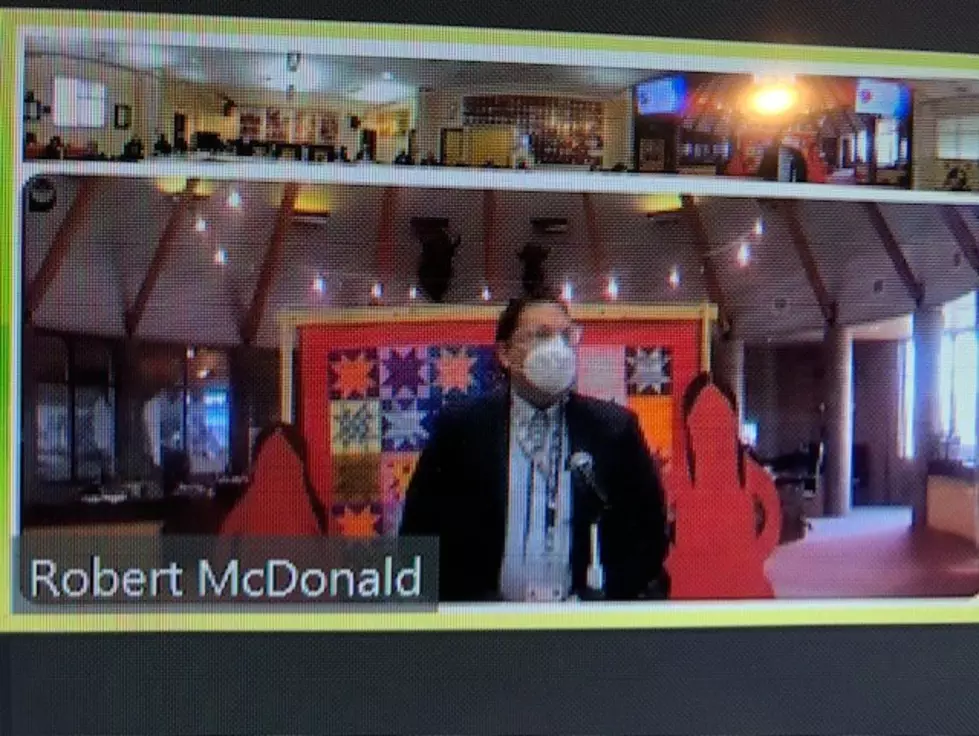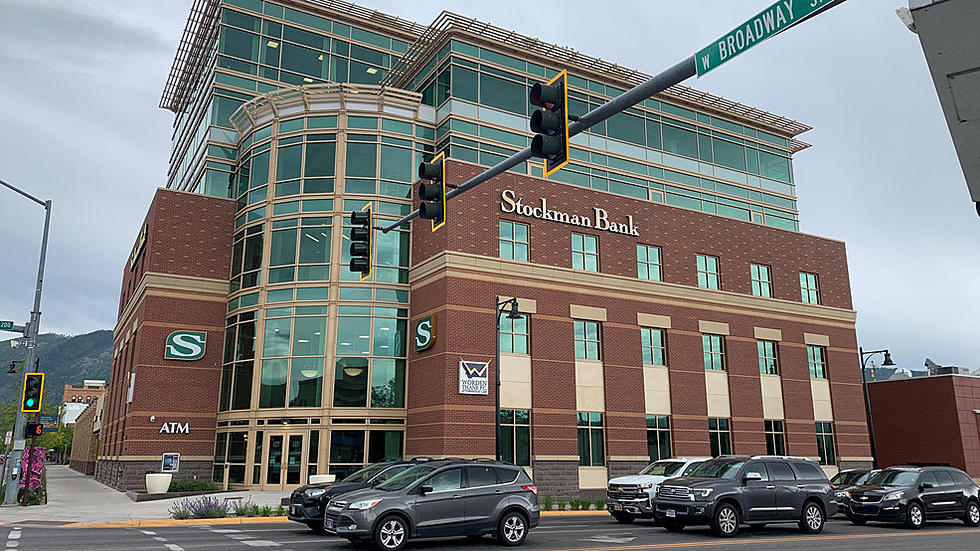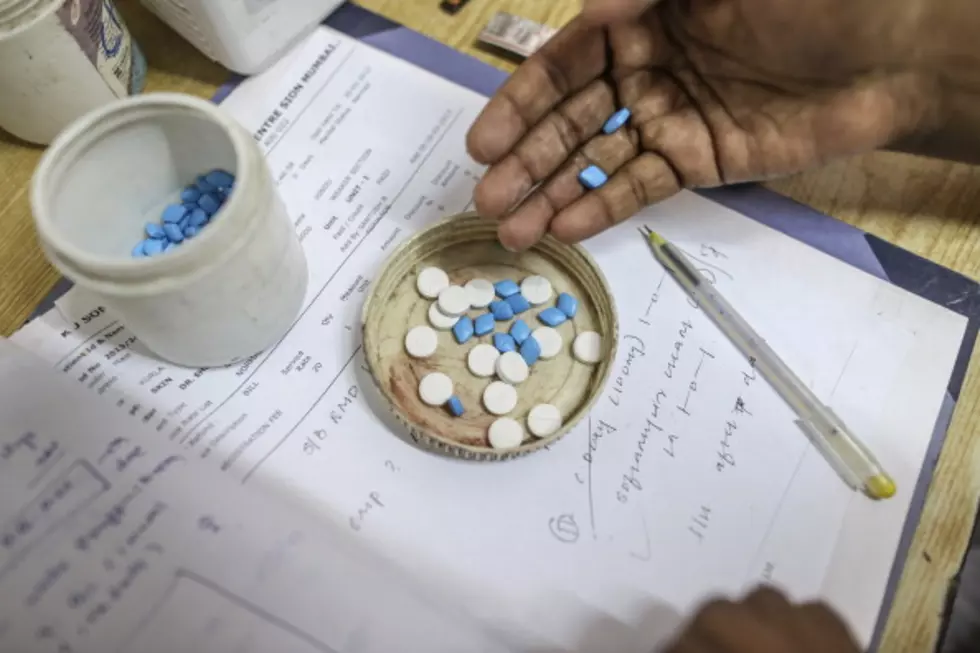
The USA’s First MMIP Tribal Community Response Plan Introduced
In response to the many missing and murdered indigenous persons cases over the years, on Thursday the U.S. Attorney’s Office, the Confederated Salish and Kootenai Tribes and the FBI announced the completion of the nation’s First Tribal Community Response Plan.
At a ZOOM press conference from the CSKT headquarters in Pablo, those addressing the media included Acting U.S. Attorney Leif Johnson, CSKT Chairwoman Shelly Fyant, FBI Executive Assistant Director Terry Wade and CSKT Tribal Council Representative Elle Bundy.
Chairwoman Fyant began the press conference by addressing the nationwide problem of missing and murdered indigenous peoples.
“The tragedy of missing and murdered indigenous people is a harsh reality that native people face today” said Fyant. “Unfortunately, no tribal nation has gone untouched by this crisis. Through the efforts of a few dedicated Salish and Kootenai tribal staff and leadership we worked with outside agencies in a collaborative process to develop the first tribal community response plan which addresses law enforcement, victim services, community outreach and media and public communications.”
U.S. Attorney Leif Johnson commemorated the importance of the gathering in Pablo.
“I wanted to make clear that this is an important day for the missing and murdered indigenous person response in Montana and around the nation,” said Johnson. “We've had many celebrated missing persons cases nationwide, but a number of important cases here in Montana, and we've experienced this firsthand for a number of years. The public outcry over this issue eventually generated enough tension in the highest levels of government and Congress and with the attorney general to direct the U.S. Attorney's office to consult with tribes, and to develop culturally appropriate guidelines for responding to missing and murdered indigenous persons cases.”
Terry Wade with the FBI praised the leadership provided by the CSKT.
“It is a big day,” said Wade. “This is a great announcement, and we can't overstate the importance and the leadership that we’ve had from CSKT and Chairwoman Fyant through her leadership here, the things that we will learn and implement from the work that the good people here have done can be utilized nationwide.”
A reporter asked for the current numbers of those still missing that the response plan will be addressing.
Tribal Representative Elle Bundy provided the current statistics.
“As of Thursday, March 25th in the Missing Persons Clearinghouse, we currently have 166 total active missing persons in Montana,” said Bundy. “Of those 166, 48 are identified as indigenous and that makes up nearly 29%. In addition, of the 48 indigenous 22 are under the age of 21, 27 are female, 21 are male, 14 have been reported as runaways, and 19 have been missing for over one year.”
The Missoula County Sheriff’s Office is part of the working group.
CSKT Communications Director Rob McDonald hosted the press briefing.
LOOK: Here are the best small towns to live in across America
More From Montana Talks









